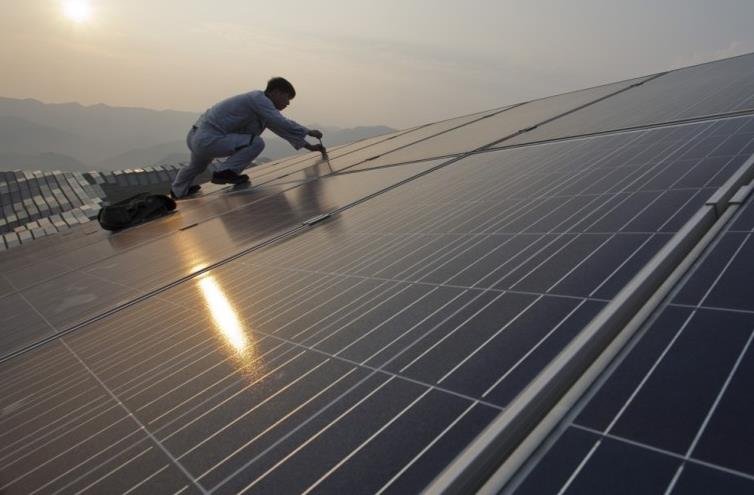The Portuguese energy company EDP has warned that the solar industry needs to diversify its supply chains away from China, after facing delays and higher costs due to US import legislation.
The US government has banned the import of products made with forced labor from the Xinjiang region of China, where most of the world’s polysilicon, a key material for solar panels, is produced. The ban, which took effect in June 2023, aims to prevent human rights abuses against the Uyghur minority in Xinjiang.
However, the ban has also disrupted the global solar supply chain, as many manufacturers rely on Chinese polysilicon and other components. According to EDP, the ban has caused delays of up to six months and increased costs by 15 to 20 percent for some of its solar projects in the US.

EDP seeks alternative sources of solar materials
EDP, which is one of the largest renewable energy companies in the world, has said that it is looking for alternative sources of solar materials to avoid the impact of the US ban. The company has already secured some supplies from South Korea, Malaysia and Europe, and is exploring options in India and Brazil.
EDP’s chief executive Miguel Stilwell de Andrade said that the company was not opposed to the US ban, but that it was important to have a diversified and resilient supply chain. He said that EDP was working with its suppliers to ensure compliance with human rights standards and environmental regulations.
Solar industry faces challenges amid growing demand
The solar industry is facing several challenges as it tries to meet the growing demand for clean energy. Apart from the US ban on Xinjiang products, the industry is also dealing with rising raw material prices, shipping bottlenecks, and environmental concerns.
According to BloombergNEF, a research firm, global solar installations are expected to grow by 14 percent in 2023, reaching 209 gigawatts of new capacity. However, the growth rate could be higher if the supply chain issues are resolved.
The International Energy Agency (IEA) has said that solar power is the cheapest source of electricity in most countries, and that it could provide more than 40 percent of global electricity generation by 2050. However, the IEA has also urged the solar industry to improve its sustainability and transparency practices, especially in China.
